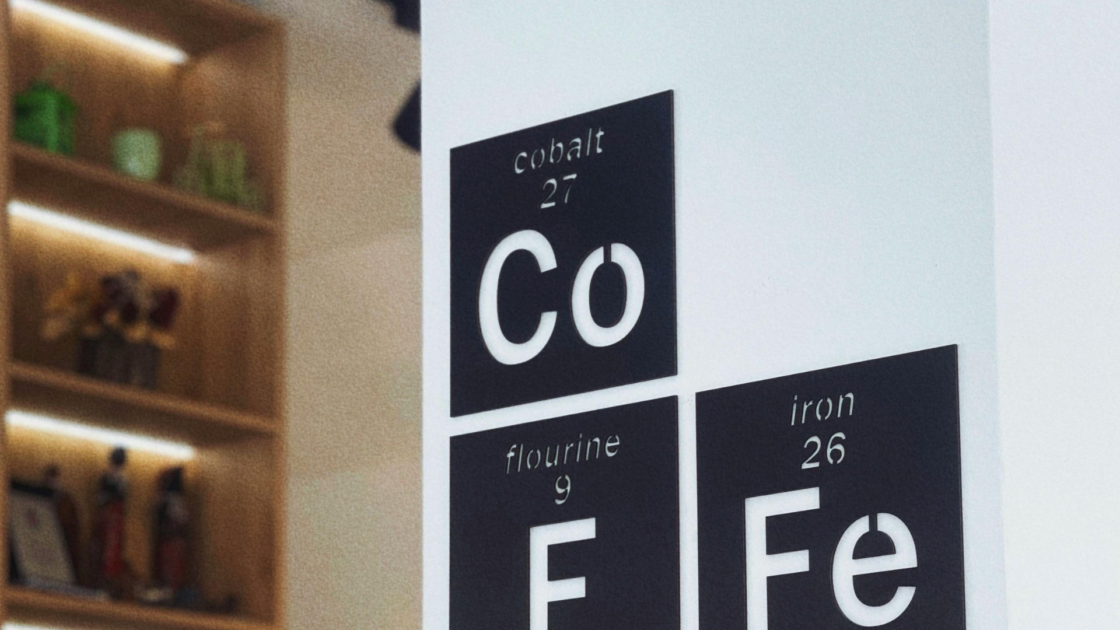Critical Energy Transition Minerals: A Path to Equitable and Sustainable Global Energy Future

The global shift towards renewable energy presents an enormous opportunity, but it also introduces significant challenges, particularly when it comes to the sourcing of critical energy transition minerals (CETMs). These minerals, such as lithium, cobalt, nickel, and rare earth elements (REEs), are essential components for the technologies driving the energy transition. With the demand for these minerals set to nearly triple by 2030 and quadruple by 2040, according to the International Energy Agency (IEA), the stakes are high.
The need for these minerals has triggered a mining boom across developing regions, where these resources are often found. This surge offers significant economic opportunities, especially for countries in Africa, Latin America, and Asia, to foster industrialization and economic diversification. However, this transition needs to be managed equitably, ensuring that Indigenous Peoples, local communities, and vulnerable groups benefit rather than bear the brunt of environmental degradation and human rights abuses.
To ensure this transition is just and equitable, the UN Secretary-General’s Panel on Critical Energy Transition Minerals, co-chaired by Ambassador Nozipho Joyce Mxakato-Diseko of South Africa and Ditte Juul Jørgensen of the European Commission, has laid out seven guiding principles aimed at transforming the CETM value chain. These principles emphasize human rights, environmental stewardship, justice, transparency, and multilateral cooperation.
Critical Energy Transition Minerals: A Double-Edged Sword
CETMs, while critical for green technologies, come with a legacy of human rights violations, environmental degradation, and conflicts. It is essential to adopt a new paradigm of responsible mining that places human rights at the centre of the mineral value chain.
The panel emphasizes that CETMs need to be mined and traded in ways that safeguard the environment and biodiversity, respecting Indigenous lands and ecosystems. The opportunity for local value addition and benefit-sharing is immense but requires structured policies to ensure that host countries are more than just providers of raw materials.
Demand Surge and Global Cooperation
The Paris Agreement sets ambitious targets to limit global warming to 1.5°C but to meet these goals, the world needs to significantly increase its renewable energy capacity. The COP28 conference saw governments agree to triple the rollout of renewable energy by 2030, creating unprecedented demand for CETMs. Countries with significant mineral deposits, especially in the Global South, have the potential to lead this transition. However, the panel warns against repeating past mistakes where local communities saw few benefits from mining activities.
To manage these challenges, the panel calls for the establishment of a High-Level Expert Advisory Group. This group would focus on benefit-sharing, local value addition, and fair trade, ensuring that all nations, particularly resource-rich developing countries, are part of the solution.
Guiding Principles and Actionable Recommendations
The panel’s seven guiding principles build on existing international norms and legal frameworks, with the aim of ensuring that all actors across the value chain—from extraction to recycling—adhere to the highest standards of human rights, environmental protection, and social justice.
- Human Rights: Human rights need to be at the core of all CETM value chains. This includes upholding the rights of Indigenous Peoples, local communities, and workers, ensuring that they benefit from the extraction and processing of these minerals.
- Environmental Stewardship: The integrity of the planet and its ecosystems needs to be safeguarded. This involves minimizing pollution, protecting biodiversity, and decarbonizing the entire CETM value chain.
- Justice and Equity: Justice needs to underpin mineral value chains, ensuring that benefits are shared equitably, particularly with vulnerable populations, women, and Indigenous communities.
- Economic Diversification: Mining operations should drive industrialization and economic diversification, with local processing and value addition in mineral-rich countries.
- Fair Investment and Trade: Investments and trade need to be responsible and fair, allowing all countries to participate in and benefit from CETM value chains.
- Transparency and Accountability: Good governance is essential, with strong measures to prevent corruption, ensure transparency, and foster accountability across the mineral value chain.
- Multilateral Cooperation: International cooperation is vital to ensuring a just transition. This includes fostering peace, addressing geopolitical tensions, and supporting global trade systems that are fair and non-discriminatory.
Recommendations for a Just Transition
In addition to the guiding principles, the panel has proposed several actionable recommendations. These include the creation of a Global Traceability Framework to ensure transparency and accountability from mining to recycling. This framework would promote responsible corporate practices, fair deals, and equitable benefit-sharing across the entire CETM value chain.
The panel also advocates for a Global Mining Legacy Fund, aimed at addressing the environmental and social impacts of abandoned mines. This fund would support remediation efforts and help communities affected by legacy mining issues.
Finally, the panel emphasizes the importance of empowering artisanal and small-scale miners, who often operate at the margins of the formal economy. By formalizing and supporting these miners, particularly women and Indigenous Peoples, the global community can foster inclusive growth and development.
This article is based on Resourcing the Energy Transition: Principles to Guide Critical Energy Transition Minerals Towards Equity and Justice report by the UN Secretary-General’s Panel on Critical Energy Transition Minerals, published by the United Nations.
